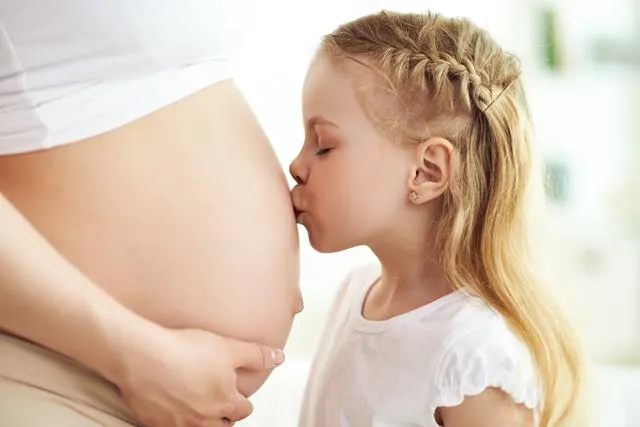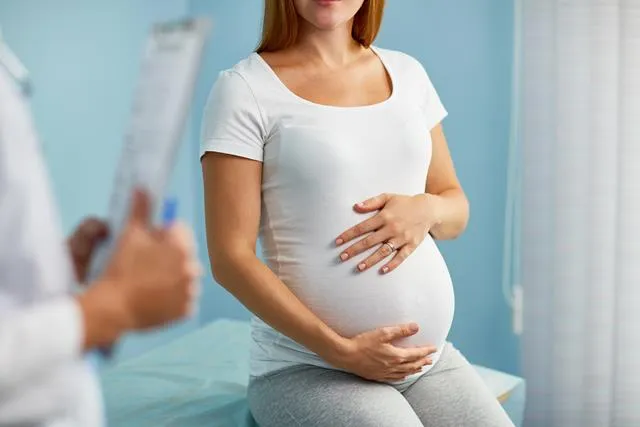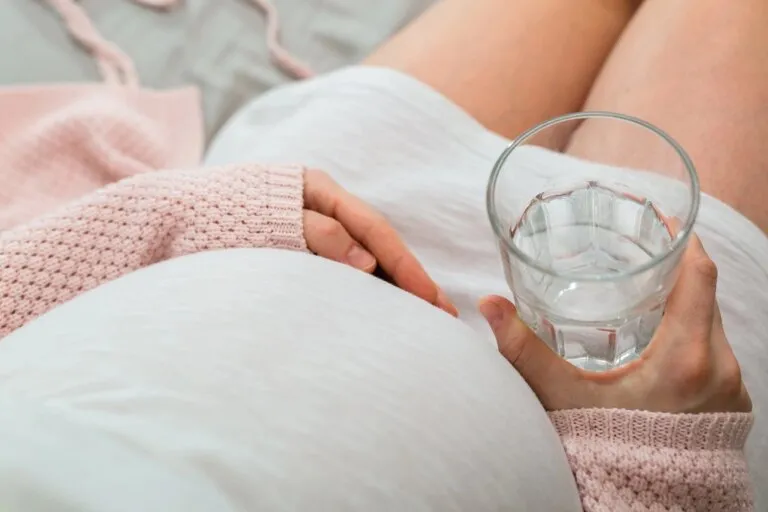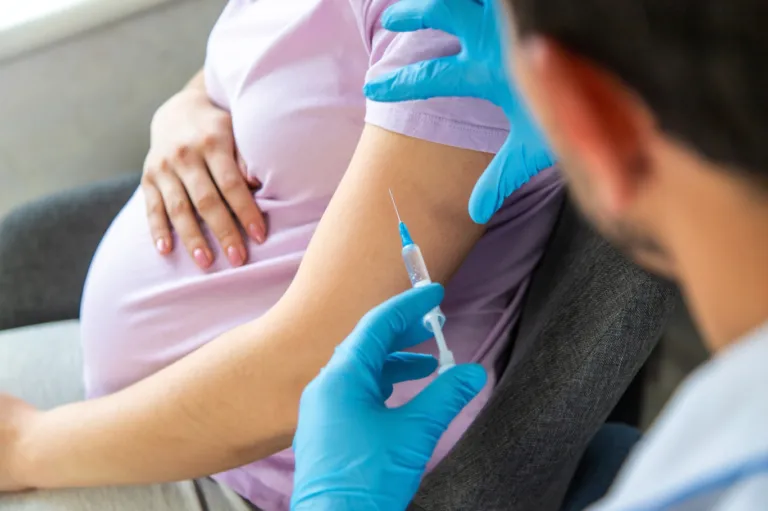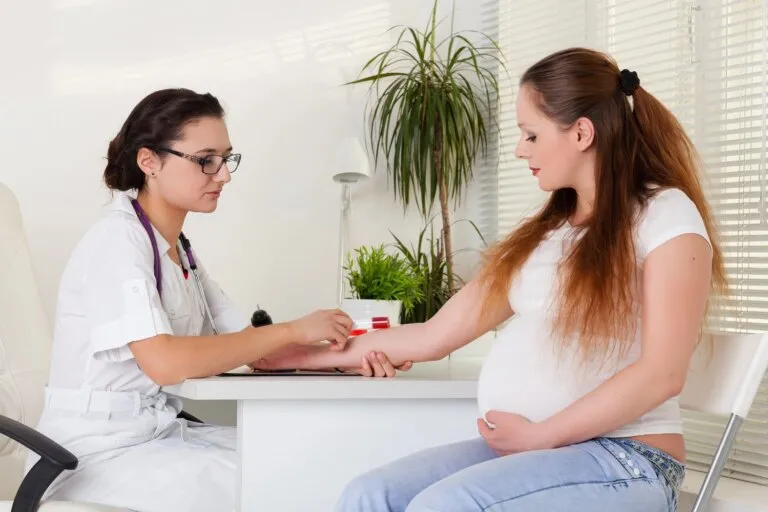Abdominal pain occurring during pregnancy may have a different cause and severity depending on the stage. It is usually the result of physiological changes in the woman's body, but it can also be a symptom of diseases of the urinary or gastrointestinal tract, as well as a symptom of miscarriage, especially in the first weeks of pregnancy.
Abdominal pain in pregnancy is almost always considered by women as a sign of danger and a cause for concern. Some pregnant women identify the pain they experience with miscarriage. However, it is important to remember that abdominal pain during pregnancy is quite common and is not always associated with a direct threat to the developing child in the womb.
The pain in the lower abdomen at the beginning of pregnancy
Abdominal pain in early pregnancy is usually associated with rapid changes in the female body. A rapidly growing fetus requires more and more space, so the size of the uterus increases and gradually begins to put pressure on neighboring organs such as the bladder. Swollen genitals can cause a feeling of fullness in the abdomen, mild uterine cramps, groin pain and general pain throughout the abdomen. Abdominal pain in the first few weeks of pregnancy, however, can be of particular concern, especially if it is accompanied by bleeding or spotting. During this time, there is the greatest risk of miscarriage. Do not underestimate these symptoms, but consult a specialist immediately. Characteristic stitches in the abdomen during pregnancy can also be caused by diseases of the digestive or urinary system, such as: Intestinal disorders, appendicitis or colic. In such a case, medical intervention is necessary for correct diagnosis and effective treatment.
Abdominal pain during pregnancy - 2 trimester
Lower back and abdominal pain during pregnancy becomes more troublesome and definitely more frequent in the second trimester. It is primarily the result of the uterus stretching in response to the baby's rapid development in the womb. At the end of this trimester, the woman may begin to feel the baby's movements, which can also contribute to the pain. However, if the abdominal pain is accompanied by hardening and increased abdominal tenderness, it may be the result of placental abruption. This is a condition that can cause hypoxia or even death of the baby. Such symptoms should be discussed with a specialist immediately. Discomfort in the abdomen due to pain may also occur with sudden changes in position, sneezing, laughing or coughing. At this time, it is worthwhile to take care of strengthening the abdominal muscles, rest and properly hydrate the body.
Pain in the lower abdomen in the 9th month of pregnancy
During the third trimester of pregnancy, there is still a risk of placental abruption. In addition, exercise contractions (Braxton-Hicks) may occur between 7 and 8 months. This is completely normal and a result of the decreasing space in the womb. The cramps become more pronounced as the baby grows and delivery approaches. In the second half of pregnancy, preeclampsia may also develop, which is characterized by increased blood pressure and the presence of protein in the urine, causing pain in the abdomen. Preeclampsia is also associated with swelling of the face, feet, and hands, headaches, and visual disturbances, shortness of breath, and vomiting. In the last weeks before birth, the pain in the lower abdomen is much more frequent, painful and severe. This is how the body prepares for the birth of the child.
Pain in the lower abdomen - pregnancy
A stitch in the abdomen during pregnancy does not always have to be a direct result of the baby's development in the womb. Often, a pregnant woman may experience discomfort during pregnancy that is unrelated to her condition and other disease processes taking place in her body. Among the non-genuine causes of abdominal pain we can distinguish, for example, appendicitis, viral inflammation of the digestive tract, intestinal obstruction or irritable bowel syndrome. These conditions may be accompanied by: Vomiting, diarrhea and nausea. In addition, abdominal pain during pregnancy can also be caused by abnormalities of the urinary tract. The inflammation that takes place there usually manifests itself as discomfort above the pubic joint. A woman may experience bladder discomfort in the form of: urgent pressure, frequent urination or burning.
Pain in the abdomen - when to see a doctor?
Every pregnant woman should pay special attention to her body and immediately consult a specialist in case of disturbing signals, especially if they are:
- The abdominal pain is accompanied by other symptoms such as bleeding or diarrhea
- The pain is crampy and occurs regularly
- The abdomen is hard and tender



